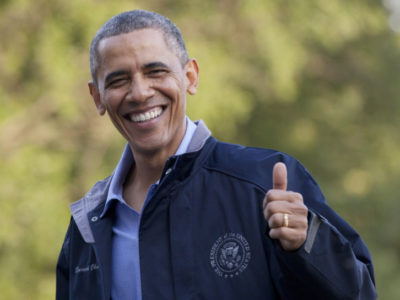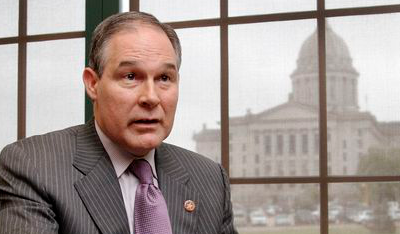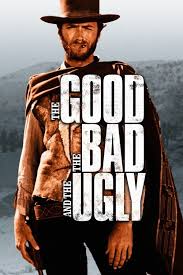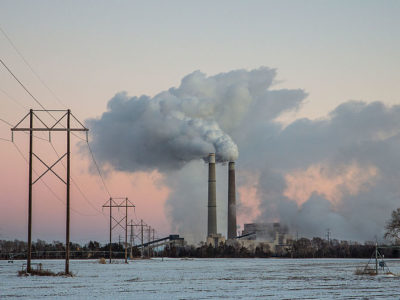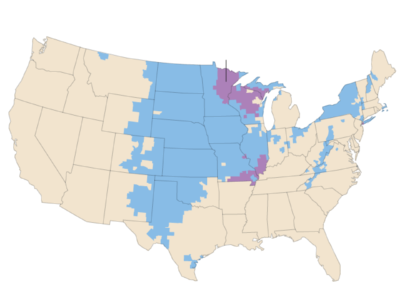Obama’s Final Words on Climate Change
Final words as President, that is.
In his Farewell Address, President Obama had this to say about climate change: "Take the challenge of climate change. In just eight years, we’ve halved our dependence on foreign oil, doubled our renewable energy, and led the world to an agreement that has the promise to save this planet. But without bolder action, our children won’t have time to debate the existence of climate change; they’ll be busy dealing with its effects: environmental disasters, economi...
CONTINUE READINGGuest Blogger David Spence: Another Take on the Tillerson Nomination
Hearings on the nomination of ExxonMobil CEO Rex Tillerson to be President-elect Donald Trump's Secretary of State are scheduled to begin on January 11th. The nomination puts Tillerson and his company at the vortex of a whirlwind of public grievances about ExxonMobil's positions on climate science and Russian influence over American politics and policy. While those grievances are mostly legitimate, they cannot all be laid entirely at Tillerson's feet. But politics ...
CONTINUE READINGThe Perils of Inexperience
The Scott Pruitts of the Trump cabinet face some tricky challenges.
There's even a name for it in sports: "rookie error." That's the kind of mistake that talented players make when they've been bumped up into the big time.The big issue for appointees like Pruitt is to avoid that kind of mistake -- and in the meantime, to accomplish their agendas. By all accounts, Scott Pruitt is a very able bureaucratic infighter. “Ambitious conservatives abound in deep-red Oklahoma,” AP observes, "but the 48-year-old Pruitt has become known f...
CONTINUE READINGExplaining Oil’s Political Clout
There's an obvious explanation. But it's false.
Let me start with two obvious points – only one of which is true. The first is that the oil industry has huge political influence. The second is that its clout reflects the industry’s economic heft. The first point is definitely true. As Political Wire recently observed: “Nearly every to top level appointment in Trump’s cabinet has ties to the oil and gas industries or is a vocal climate change denier. This includes former Gov. Rick Perry as Secretary of E...
CONTINUE READINGThe Ninth Circuit’s Top Environmental Law Decisions of 2016
Climate Change, Endangered Species Act, NEPA, Constitutional Challenges Dominate Court of Appeals' Docket
In 2016, at least, the U.S. Court of Appeals for the Ninth Circuit was the most important and influential court in the nation when it comes to environmental law. That's true for two reasons: first, the U.S. Supreme Court only issued one significant environmental law decision last year, in U.S. Army Corps of Engineers v. Hawkes Co., dealing with the question of when a wetlands determination made by federal regulators under the Clean Water Act is subject to review b...
CONTINUE READINGThe California Supreme Court’s Top Environmental Law Decisions of 2016
CEQA, Property Rights, Preemption & Clean Water Act Highlight Supreme Court's Environmental Docket
While 2016 was a quiet year for the U.S. Supreme Court when it came to environmental law, the same cannot be said for the California Supreme Court. To the contrary, 2016 continued a pronounced and significant trend by the California Supreme Court justices in recent years to hear and decide numerous important environmental law issues and cases. Here is my list of the California Supreme Court's five most important decisions from this past year: 5. Orange Citizens f...
CONTINUE READING2016: The Good, the Bad, and the Ugly
“But except for that, how did you like the play, Mrs. Lincoln?” It’s an old joke, for all I know going back to 1865. That was 2016,too, in a way. Like Mrs. Lincoln’s evening at Ford’s Theater, 2016 contained a lot of good things, some bad things, and then disaster. Here’s a list of each. The Good The Paris Agreement. The Paris Agreement, negotiated at the end of last year, went into force on November 4. Before that could happen, the Agreement had to...
CONTINUE READINGWhoops, We Almost Forgot to Ask You For Money!
In otherwise grim times, Berkeley & UCLA are supporting California's forward environmental progress.
Unlike a lot of blogs, we don't plague you with requests for money. But it's that time of year And this is your last chance for a deductible 2016 gift to support positive change in a really negative time for our country. Legal Planet is a joint product of the Berkeley's Center for Law, Energy, and Environment (CLEE), and UCLA's Emmett Institute on Climate Change & the Environment. It's become clear that the State of California will be a key part of efforts to...
CONTINUE READINGUpdate on the Litigation Over EPA’s Rule Controlling Greenhouse Gas Emissions from New Power Plants
UCLA Faculty File Amicus Brief on Behalf of Technological Innovation Experts
Late in 2015, the Environmental Protection Agency issued New Source Performance Standards to control greenhouse gas emissions from new and modified fossil-fuel-fired power plants under the Clean Air Act. This regulation is a companion to the more-often-discussed Clean Power Plan rule, which addresses greenhouse gas emissions from existing sources in the power generation sector. Last week, my colleague Sarah Duffy and I filed an amicus curiae brief in the litigation ov...
CONTINUE READINGCheaper, Cleaner Power
The cheapest new power today: gas, wind, solar. Almost never coal.
What's the cheapest way to add power to the grid where you live? Unless you live near Lake Superior, the answer isn't coal -- not even in West Virginia or Kentucky. Beyond that, the exact answer depends on just what you means by cheap. A major study from UT Austin digs deep into this question. If you only count generating costs, it's natural gas in most places except for a wedge stretching from West Texas to North Dakota and east to Northern Illinois. Wind is ...
CONTINUE READING



